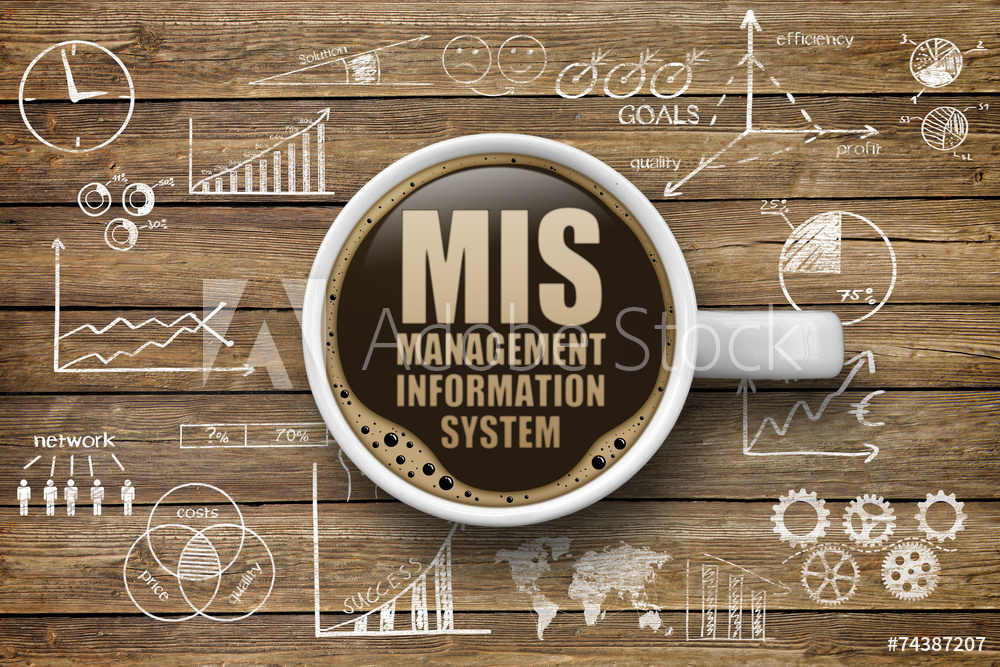What are the 4 main roles of MIS?

MIS, or Management Information Systems, plays a crucial role in organizations by facilitating the management and decision-making processes through the effective use of technology and information.
There are four main roles of MIS:
- Data Collection and Storage: MIS collects, compiles, and stores vast amounts of data from various sources within an organization. This data includes operational, financial, and other relevant information. This role ensures that accurate and up-to-date information is available for analysis and decision-making.
- Information Processing: MIS processes the collected data into meaningful and useful information. This involves sorting, organizing, aggregating, and summarizing data to create reports, dashboards, and other analytical tools. Information processing transforms raw data into actionable insights that managers can use to make informed decisions.
- Information Dissemination: Once the information is processed, MIS facilitates its distribution to relevant stakeholders within the organization. This can be done through various means, such as reports, emails, dashboards, and presentations. Disseminating information in a timely and accessible manner ensures that managers at different levels have the data they need to make decisions.
- Decision Support: MIS provides decision support by offering tools and frameworks for analyzing information and making decisions. These tools might include data visualization, business intelligence software, predictive analytics, and more. Decision support systems help managers assess different scenarios, identify trends, and predict outcomes, enabling them to make informed choices that align with the organization's goals.
Overall, the main roles of MIS revolve around gathering, processing, disseminating, and supporting decision-making based on accurate and relevant information.
Thank You
